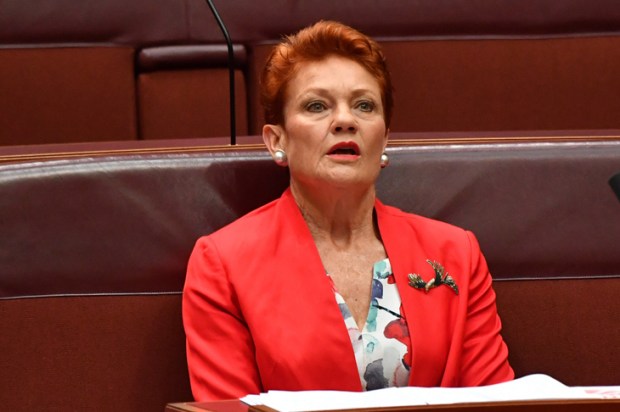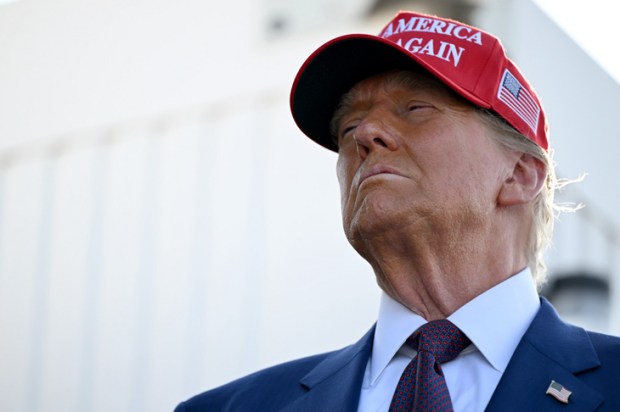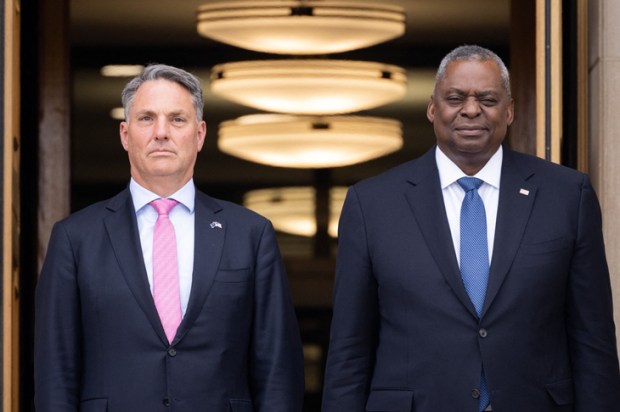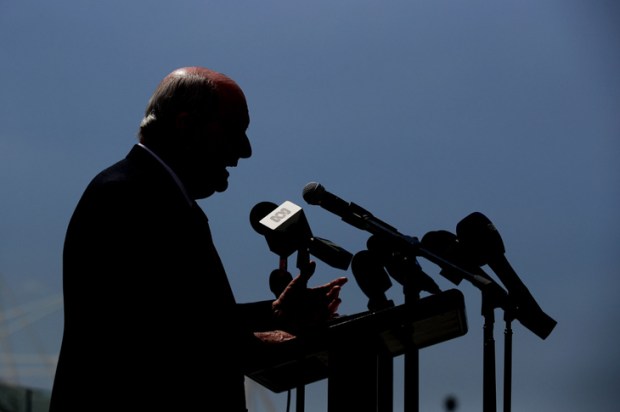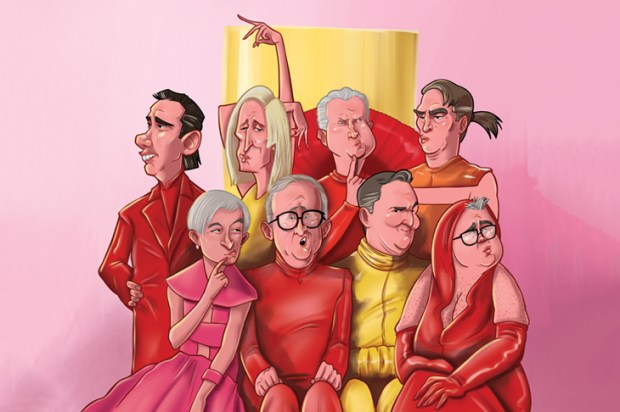Don’t you just love those group letters written by entitled experts with oodles of qualifications, multiple titles and several awards to their names? They are often published in the big legacy newspapers.
For reasons that remain unclear to me, the signatories think that these sorts of collective missives influence people’s thinking. But more to the point, they think there is political influence to be had. Perhaps there is even a boost to the self-esteem of the marginal co-signers, the ones who are last to be invited to join the group.
I’m pretty sure that I have never signed a rent-a-letter. I’ve been asked on the odd occasion, but it’s not my thing. If I want to say something, I will say it on my own behalf.
Notwithstanding the lack of evidence that group letters have any impact – OK, they may have a negative effect – there is always a steady stream of them. I keep track of the ones signed by economists, but other disciplines are fully on board, particularly those from the official public health tribe and environmental worrywarts.
Recently, sixteen Nobel economic laureates signed a letter warning about the economic damage that a Trump administration would likely cause. The letter, issued in June this year, reads, ‘We the undersigned are deeply concerned about the risks of a second Trump administration for the US economy. Among the most important determinants of economic success are the rule of law and economic and political certainty.’
‘For a country like the US, which is embedded in deep relationships with other countries, conforming to international norms and having normal and stable relationships with other countries is also an imperative. Donald Trump and the vagaries of his actions and policies threaten this stability and the US’s standing in the world.’ The authors also claimed that Trump’s policies would lead to higher inflation.
Bear in mind here, that quite a lot of these folk signing the letter are getting on. The Nobel Prize in Economic Sciences tends to be awarded to economists in the final quarter of their careers. Some are effectively playing in extra time.
About the only interesting omission from the list was Paul Krugman, whose highly partisan newspaper columns in the New York Times and elsewhere are just anti-GOP invective, which is a long way from the work he undertook on dynamic trade flows that led him to receive the Nobel Prize.
Let’s be clear, these senior economists signing this recent letter are all fervent Democrats. The letter contains plenty of flattering stuff about Biden’s economic record. When the American Economic Association recently considered celebrating the fiftieth anniversary of the Nobel Prize being awarded to Friedrich von Hayek, author of one of the most influential books in economics, The Road to Serfdom, the relevant committee decided to give it a pass. He was a libertarian who believed in the workings of the market – so yesterday for today’s economists, it would seem.
Most of these same Nobel economic laureates had only relatively recently signed another group letter, claiming that the inflation that had exploded under the Biden administration – it reached over 9 per cent – was merely ‘temporary’, caused by supply-side factors associated with the pandemic and the war in Ukraine.
For this reason, they could find no reason to criticise Biden’s spendathon – think here American Rescue Plan and the Inflation Reduction Act. (The latter still gives me a little chuckle.)
As it turned out, these top-of-the-tree economists were wrong: inflation was not ‘temporary’. To return inflation back to its target, the US central bank, the Fed, had to apply the brakes very firmly by raising official rates. Inflation has taken a significant toll on the living standards of Americans and played a big part in the recent election result.
This whole episode reminded me of that time many years ago when a less esteemed gaggle of economists in the UK wrote a group letter published in the Times berating the newly elected Thatcher government for its approach to economic policy. A total of 364 economists – I always wondered why they couldn’t encourage one more lackey and make it the same number as the days in a year – put their John Hancocks to the group communique. There were some well-known ones, others not so well known.
It was 1981. Inflation was high and unemployment was a major problem. But Thatcher knew that returning to previous policy approaches – more government spending, prices and incomes controls – would not work. Importantly, she had a philosophical aversion to these old ways.
The authors of the letter were worried that fiscal repair and strict monetary rules would lead to a marked deterioration in economic conditions in the UK and hurt the poor, in particular. The 1981 budget was the trigger point.
They could not have been more wrong, although they never really admitted this. It was in fact a turning point for the UK economy. Inefficiencies were stamped out; the private sector was ignited; and productivity growth rose sharply.
Like the US case, the motivation for many of these signatories was essentially political. They disliked the Tories, they despised Maggie. Of course, they are entitled to these opinions, but to misuse one’s professional expertise to prosecute a political case is unforgivable. Of course, there were very few consequences for them, although a handful of them had the grace to admit that they were wrong.
Unsurprisingly, some Australian economists have joined the group letter endeavour. There was an appalling epistle from several well-known Australian economists, mainly academics, released during Covid. The letter was very supportive of our highly restrictive public health measures – how would they know? – while bizarrely claiming that there was no trade-off for the economy.
Take it from me, the most important insight of economics is the trade-off. If you can’t acknowledge the trade-off – you can have more of something only by having less of something else – you may as well call yourself a sociologist or an educated circus performer.
The point here is that we all should be highly suspicious of the group letter. The preferred option is simply to ask your cab-driver about an issue on which you are unsure – the response is likely to be closer to the mark than the one you get from self-entitled, publicity-seeking experts.
Got something to add? Join the discussion and comment below.
You might disagree with half of it, but you’ll enjoy reading all of it. Try your first month for free, then just $2 a week for the remainder of your first year.


